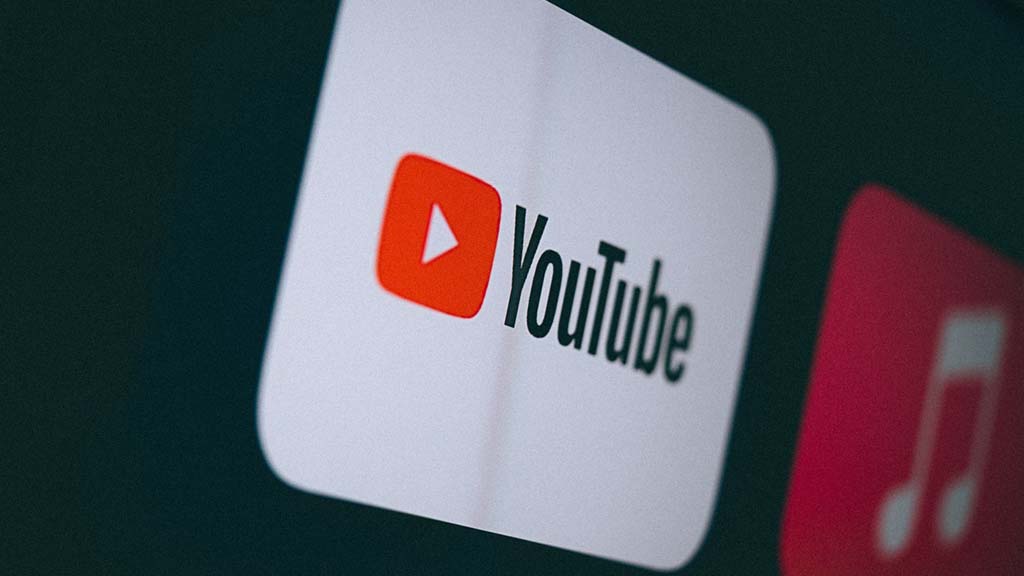Uncertainty reigns at divided FCC
Earlier this month, it looked as if FCC chairman Michael Powell had finally won the monumental political battle to loosen media ownership rules. Now, less than 30 days later, could it be that the FCC’s Democratic minority, commissioners Michael Copps and Jonathan Adelstein, will emerge the real winners.
It’s still a long way before the full Congress or a court invalidates the FCC’s June 2 vote on media ownership rules. But, with the outpouring of public complaints about the policy change, a reversal of the policy is now seen as increasingly possible by industry insiders.
The 3-to-2 decision on June 2 to loosen the ownership restrictions on media companies followed party lines, with Powell supported by his fellow Republicans, Kevin J. Martin and Kathleen Q. Abernathy. However, the FCC’s two Democrats—Copps and Adelstein—did not go quietly into the night.
Copps and Adelstein reacted with a roadshow of a dozen public hearings, accusing Powell of being unwilling to hear public complaints or to compromise on the issue. Their activity generated the thousands of public complaints that finally got the attention of both conservative Republicans and liberal Democrats in Congress.
By most reports, the aftermath of the June 2 decision has left the FCC a bitterly split agency, with Chairman Powell’s future influence unpredictable. One issue that will be closely watched is the FCC’s upcoming debate to establish new rules governing the size of cable companies.
The courts threw out the FCC's prior cable ownership cap, which banned media companies from owning cable systems covering more than 30 percent of the country. A similar court ruling on broadcast ownership played a key role in Powell’s proposal to raise national ownership caps for broadcasters. But does he have the power to do it again on cable?
A recent Washington Post article described the FCC splits as having become personal. The newspaper said personal relations between Powell and Republican commissioner Kevin Martin have been poor since Martin split with him on an important telecom vote earlier in the year. Powell's personal relations with the two Democrats “have grown even more acrimonious during the debate over media ownership rules, with little or no direct contact between Powell and his colleagues,” the newspaper reported.
Get the TV Tech Newsletter
The professional video industry's #1 source for news, trends and product and tech information. Sign up below.
Split votes can become tools for opponents who want to challenge a decision in court, Harold Furchtgott-Roth, a former Republican FCC commissioner, told the Post. “A 3-2 vote provides the minority with the opportunity to write stinging dissents, which people can then use when they march into appeals court,” he said.
For more information visit www.fcc.gov.
